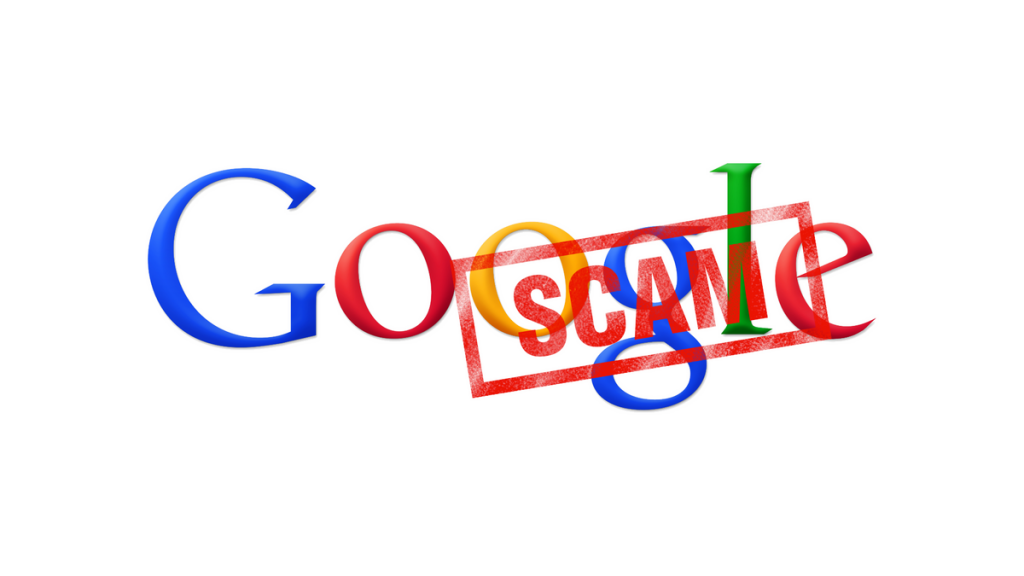Scammers are roping victims in with a clever trick using Google Street View.
Imagine this: You wake up one morning and sit at your desk with a cup of freshly brewed coffee (or whatever you like to drink, I like Diet Coke) to check your email like usual. Only this morning, you’re greeted by a threatening message from an unknown sender. The email says that if you don’t transfer the sender $2,000 in cryptocurrency, he’ll send compromising personal photos or videos of you to your friends and family. While your immediate reaction is that it must be a scam, the email contains pictures of your house, so could the sender be for real?
It sounds like the stuff of nightmares or the plot of a thriller movie, but people across the U.S. are receiving these emails. Word to the wise: It’s a scam — albeit a convincing one that’s joining the conniving ranks of the USPS scam text or the Gmail AI phishing scam.
Here’s what you need to know about this scam sweeping the U.S. and how to avoid being sucked into it.
How Does The Google Street View Scam Work?
The scam is simple: a scammer who’s gotten their hands on a prospective victim’s email and home address through a data breach crafts a message threatening them with disseminating compromising video or photos of them unless they transfer them a large sum of money. To make the con more convincing, they include pictures of the victim’s house, giving the impression that they’ve been snooping around it. Little does the victim know that the scammer got the photos by screenshotting them off Google Street View.
How to Avoid the Google Street View Scam
You can ask yourself some simple questions to help determine whether an extortionary email is a scam.
- Are the intimate photos/videos included in the email? If the sender had compromising videos or pictures, they would have included them in the email, so there’s no room for doubt.
- Has anyone else received similar emails? Please copy the text of the email and paste it into Google. If it’s a scam, you’re probably not the only one who’s received it, and other victims will have shared the text of their email online.
- Are the photos of your house legit? If the images of your home the sender included are of your old apartment or previous home, it’s a sign that they got their hands on outdated data and don’t have your current address. As an added measure, type your address into Google Street View to compare the photos in the email to the app’s imagery. If they are the same, you are being scammed.
What to Do If You Fell for the Google Street View Scam?
You may still have options if you fall victim to scams and transfer money to the sender.
The Federal Trade Commission (FTC) recommends that if you paid the scammer with a debit or credit card or a transfer through your bank, you can report the transaction to your bank as fraud and ask them to reverse it. If you send cash via mail, you can contact the postal service you used and ask them to try to intercept the package before it’s delivered.
If you send money as cryptocurrency, it will be harder to get your money back, as crypto transfers are usually irreversible. Still, you can try contacting the company you transferred to to reverse the transaction if possible.
You may also want to consider blurring out your house on Google Maps to avoid this scam in the future.
How to Report a Scam
Whether you fell victim to the Google Street View scam or not, you should report it to the FTC. When you do, it helps them build cases against scammers and educate the public so they can avoid falling victim to the same scams. So, if you spot a scam, report it by visiting www.reportfraud.ftc.gov.

